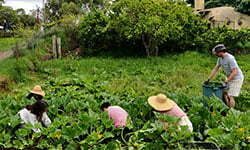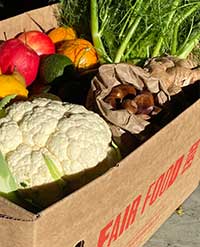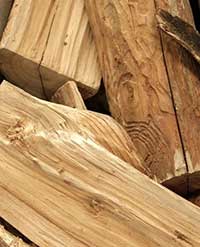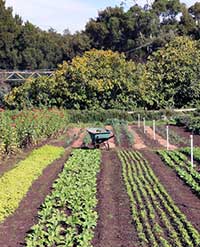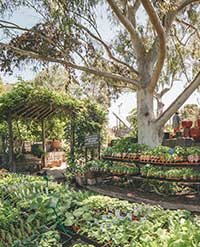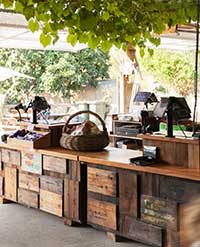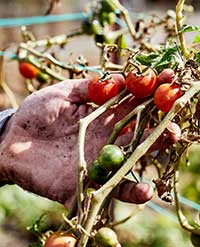Why is methane causing climate change if it’s created naturally by animals?
Methane is the smallest hydrocarbon, and is the main ingredient of “natural gas”, so you probably burn it for cooking or heating at home.
It’s a greenhouse gas, like carbon dioxide and water vapour and a few others. A small amount of methane is fine as part of a healthy greenhouse layer, just like a small amount of CO2 and a whole bunch of water.
(I generally ignore water, because I don’t think humans have any meaningful way to add more water to the water cycle short of finding a giant ice asteroid. Though any change in climate will change the proportion of water that is solid/liquid/gas.)
Methane is about 100 time more effective at trapping heat than CO2, but it only lasts for around a decade in the air before breaking down into other chemicals ( CO2 hangs around until it is removed). So depending on the time scale, people generally say methane is between 30 and 80 times worse than CO2.
And we’re adding a LOT of methane to the air. It’s responsible for around a third of Australia’s greenhouse emissions, and comes from three main sources:
Fugitive Emissions: gas that’s escaped from fossil fuel extraction or gas lines, on the run from the law, hunted for a crime it didn’t commit.
Landfill: When organic waste is digested without oxygen, it makes methane.
Farts: When last night’s dinner is digested without oxygen, it makes methane.
Let’s look at farts.
Science has yet to find a cure for the human fart. The bigger problem is cow farts (and, primarily, burps). Cows have an industrial-grade multi-stage digestive system, designed to slowly break down some of the most difficult food in nature, with the help of a lot of bacteria. This makes a lot of methane.
The modern cow creates as much greenhouse gas every year as a car driving 12,000 km.
There are about 1.5 billion domestic cows in the world.
Now, while this methane will eventually break down into CO2, and then become carbon neutral (because that carbon was sourced from plants, not fossil fuels), while it exists as methane it has a huge greenhouse impact.
The good news? If we reduce our methane emissions, their impact will disappear in just a few decades. And the easiest way to do that is to eat less beef and dairy, and make sure your organic waste is dealt with responsibly.
That doesn’t mean you need to be fully vegetarian or vegan! Even just replacing beef with other non-ruminant critters can have a big impact. Kangaroo, for example, is a very low-impact meat.
Kangaroo milk on the other hand, is a lot more trouble than it’s worth…
By Tom Lang




